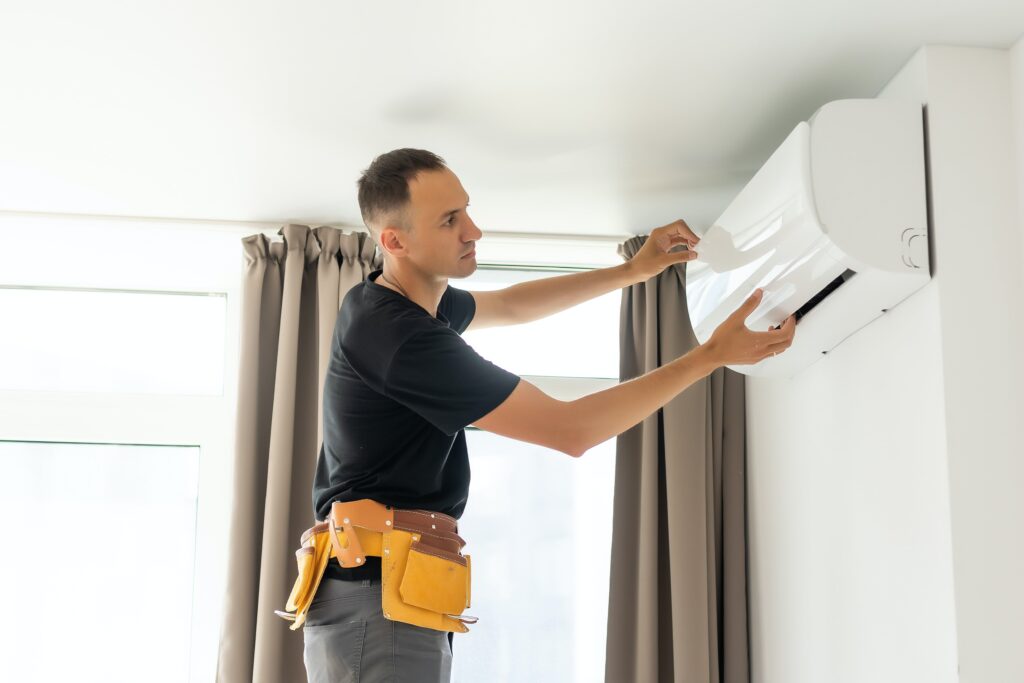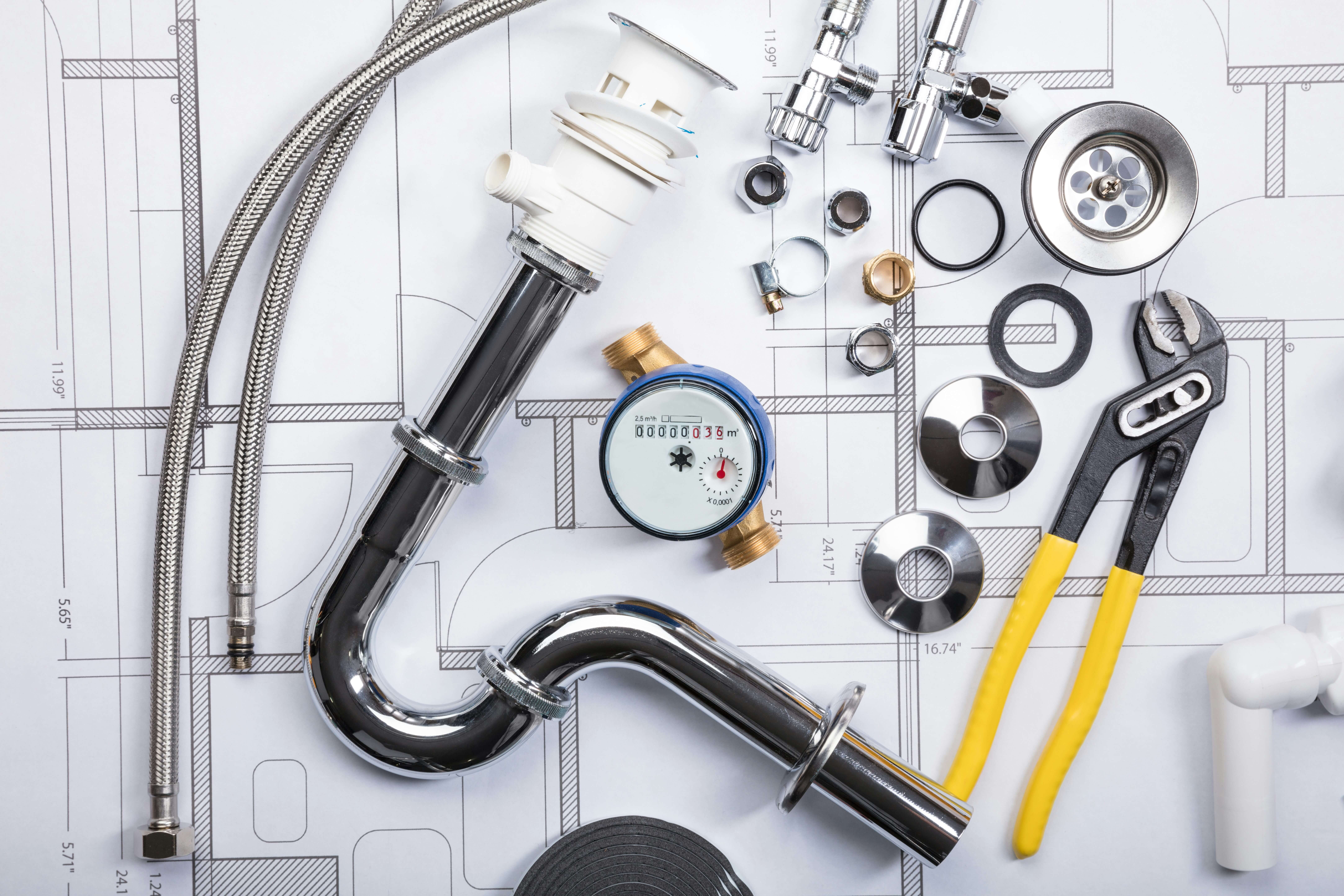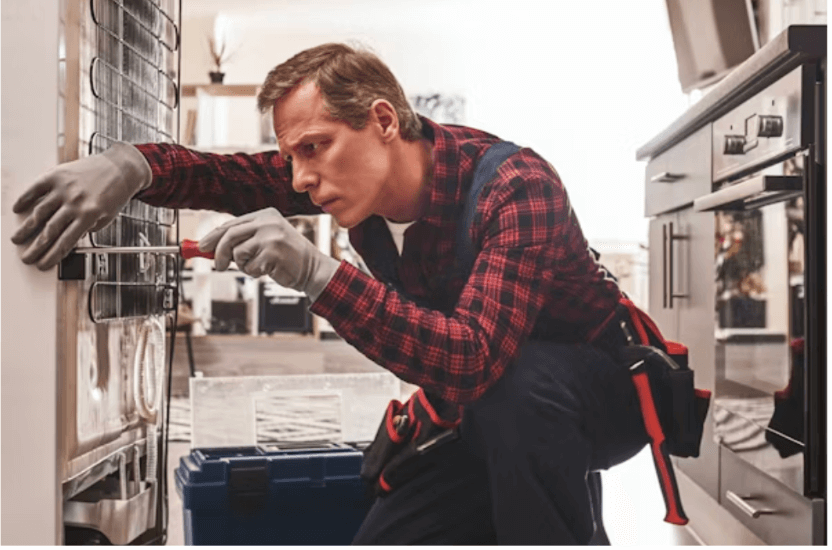
It can be very rewarding owning and operating an HVAC (Heating, Ventilation, and Air Conditioning) business. However, there comes a time in every entrepreneur’s journey when they consider selling their business. Whether you’re eyeing retirement, seeking new challenges, or simply ready to pass the torch, one critical question looms: How much is my HVAC business worth?
Currently, industry valuations are at historically high multiples of EBITDA and depend on numerous factors. Determining the value of your business is a complex task, but we’re here to guide you through the process.
The Basics: What makes your HVAC Company Valuable?
Valuing an HVAC business involves a careful analysis of various factors that contribute to its overall worth. Key elements include:
Financial Health:
- Assess your company’s financial statements, including profit and loss statements, balance sheets, and cash flow statements. A potential buyer will want to see a solid financial foundation.
Customer Base:
- Evaluate the loyalty and diversity of your customer base. A business with a stable and diverse clientele is often more attractive to buyers.
Maintenance Contracts:
- Understanding how much of your business comes from ongoing service and maintenance.
Equipment and Technology:
- Take stock of your HVAC equipment and technological assets. Well-maintained, up-to-date equipment can significantly boost the value of your business.
Market Conditions:
- Consider the current market trends and conditions. An understanding of industry dynamics and demand for HVAC services in your area will impact your business’s value.
Reputation and Brand:
- Your business’s reputation and brand equity are invaluable. Positive reviews, customer testimonials, and a strong brand presence can positively influence its worth.
Common Valuation Methods:
While multiples of EBITDA are most commonly discussed when it comes to the value of HVAC companies, other methods like those below, will also be considered.
1. Comparable Company Analysis (CCA):
- Compare the financial metrics of the HVAC company with those of similar businesses in the industry.
2. Comparable Transactions Analysis (CTA):
- Analyze the financial details of recent transactions involving the sale of HVAC businesses to establish a benchmark for valuation.
3. Discounted Cash Flow (DCF) Analysis:
- Estimate the present value of the HVAC company’s future cash flows, considering the time value of money.
4. Asset-Based Valuation:
- Assess the value of the HVAC company based on its assets and liabilities, including tangible and intangible assets.
The choice of method depends on the specific circumstances of the HVAC business and the goals of the valuation. Professional assistance from valuation experts is advisable to ensure a comprehensive and accurate assessment.
Are there places to get free business valuations?
While obtaining a fully comprehensive business valuation typically involves hiring professionals, there are some online tools and resources that offer basic estimations for free. Online business valuation calculators and platforms may provide rough estimates based on industry averages and financial metrics. However, it’s crucial to approach these free tools with caution, as they often lack the nuanced understanding and personalized analysis that a professional valuation entails.
For more accurate and reliable results, especially when dealing with the sale of an HVAC business, consulting with an industry expert is advised. Their expertise ensures a more thorough and precise assessment of your business’s true value.
How much does it cost to hire someone to help me sell my HVAC Business?
When thinking about bringing in external help to sell your HVAC business, it’s crucial to consider every facet of the process—analysis, marketing, networking, and negotiation. Typically, the cost of hiring an investment banker to facilitate the sale is a percentage of the total transaction value and depends on the deal’s complexity and the services provided. Importantly, for most investment banks, including League Park Advisors, the fee is only paid when you close your deal. So, our interests are aligned to get your deal done and at the best price.
Beyond just the potential increase in the final sale price, investing in an experienced investment banker enhances the overall efficiency of the selling process. With a wealth of industry knowledge, a strong network of potential buyers, and strategic negotiation skills, an experienced investment banker ensures a smoother and more profitable transaction for you as the business owner.
Do you want to know how much your HVAC company is really worth?
We are experts in selling HVAC companies and are here to help. Contact our team of experts for a personalized and in-depth valuation to understand the true worth of your HVAC business in today’s dynamic market




